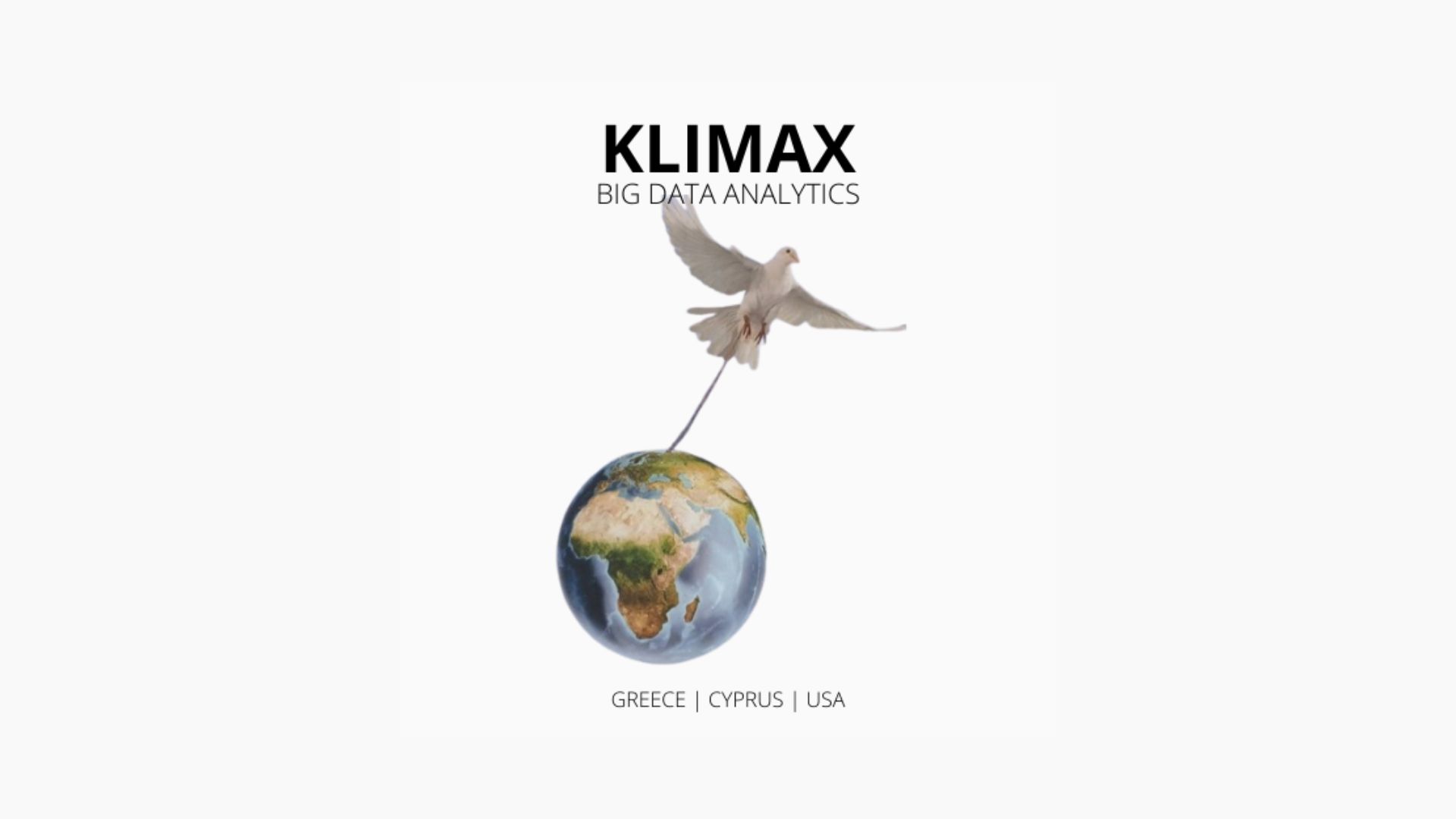There are four basic types of data analytics, and these are as follows:
- Descriptive analytics: Describes what has occurred over a certain period of time. For example, increases in sales or higher page views in a particular month or quarter.
- Predictive analytics: Predicts what is likely to take place in the relatively near term based on previous data.
- Diagnostic analytics: Analyzes why a particular phenomenon (such as an increase or decline in sales) has occurred.
- Prescriptive analytics: Suggests a certain course of action (e.g. a seasonal increase in stocking of a certain product) based on past data.
There’s also regression analysis; this term covers a number of statistical methods used to estimate relationships between a dependent variable and one or more independent variables. This can help to provide insights into the strength of the relationships between variables, and model their future relationships.
By analyzing historical data, we can make better business decisions as we’re more able to anticipate fluctuations in consumer demand, and to understand why these occur. This, if used properly, should ultimately translate into better profitability and a healthier bottom line.
However, data quality and efficient data management matter a great deal. If your data are substandard or somehow unreliable, you won’t be able to optimize your business decisions as you would otherwise. Structured data is indispensable.
Benefits of data analytics.
Now that we’ve defined data analytics and outlined its different types, we need to look at the potential benefits it can offer businesses. There are numerous applications of data, so it’s probably best if we concentrate on a few in particular here.
Some of the key benefits of data analytics include:
- More precise marketing: With the help of data analytics, you can get to know your target audience better. You have a clearer appreciation of what they’re looking for and what they need. This allows you to target them more precisely with better-crafted campaigns, including via social media.
- Better decision making: Following on from our previous point, data analytics allows businesses to sharpen their decision-making skills. Equipped with a more thorough understanding of their customer base and their own performance, they can use the insights obtained via data analytics to make improved decisions as well as making project management more effective.
- Enhanced efficiency: Thanks to data analytics, it’s possible for businesses to streamline many of their processes, thus rendering them more efficient while also enabling them to cut costs. Thus, it also helps them with financial analysis, enabling them to deploy their resources more efficiently. For instance, with regard to targeted marketing campaigns.
- Improved customer service: Last but by no means least, data analytics can also help businesses to improve their overall standard of customer service. Firstly, it provides in-depth insights into what customers want and their preferences. Secondly, storing data in a single central location and allowing your whole customer service team to access it can help to ensure better consistency of service quality.















